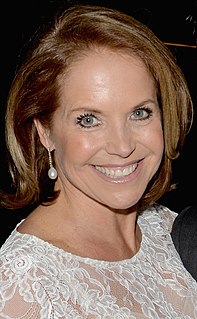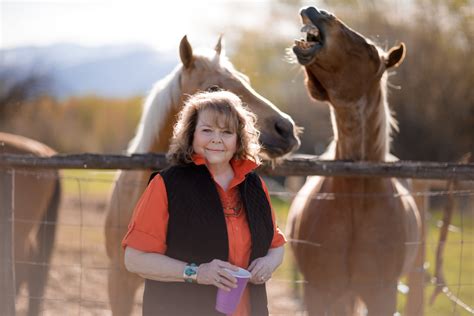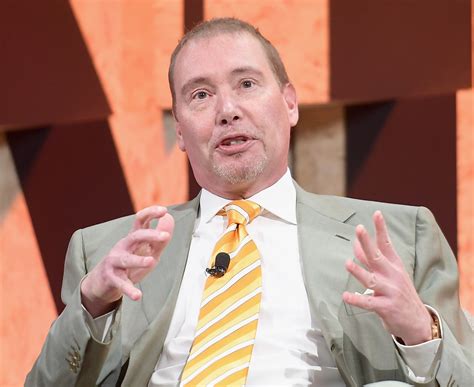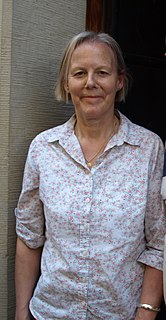A Quote by Katie Couric
Be fearless. Have the courage to take risks. Go where there are no guarantees.
Related Quotes
Be fearless. Have the courage to take risks. Go where there are no guarantees. Get out of your comfort zone even if it means being uncomfortable. The road less traveled is sometimes fraught with barricades bumps and uncharted terrain. But it is on that road where your character is truly tested And have the courage to accept that you’re not perfect nothing is and no one is — and that’s OK.
It's very important to take risks. I think that research is very important, but in the end you have to work from your instinct and feeling and take those risks and be fearless. When I hear a company is being run by a team, my heart sinks, because you need to have that leader with a vision and heart that can move things forward.
The thing is doing it, that's what it's all about. Not in the results of it. After all what is a risk? It's a risk not to take risks. Otherwise, you can go stale and repeat yourself. I don't feel like a person who takes risks. Yet there's something within me that must provoke controversy because I find it wherever I go. Anybody who cares about what he does takes risks.
































